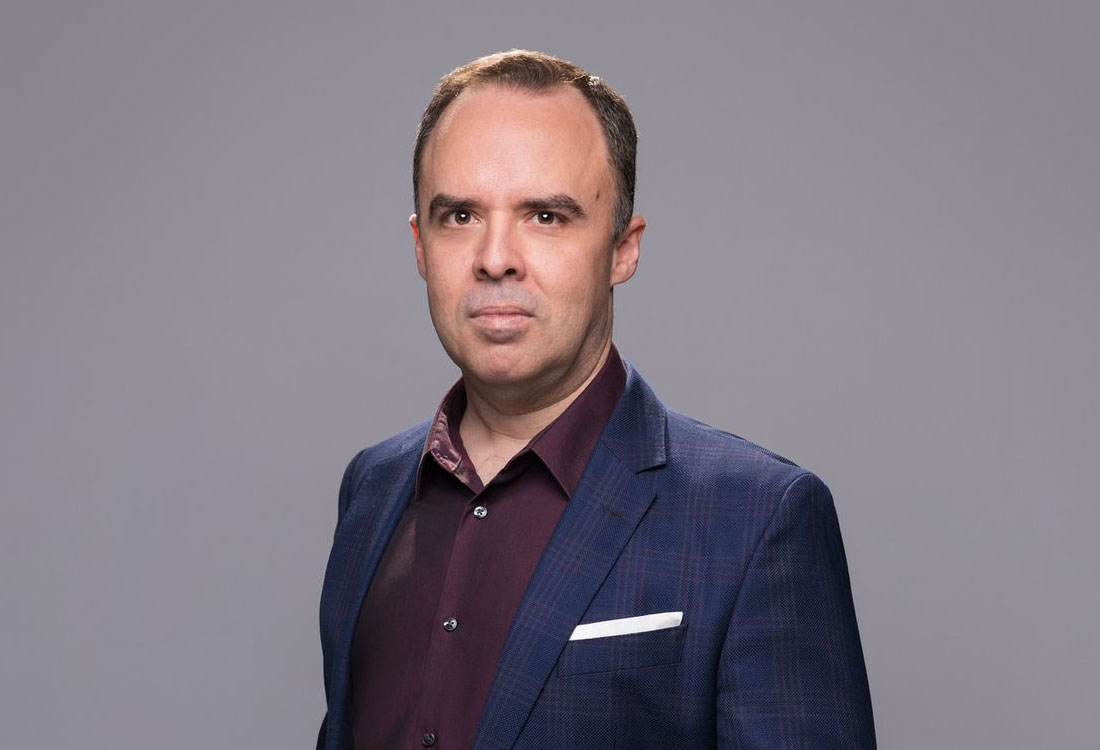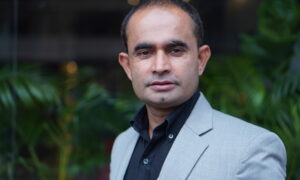As healthcare facilities across the United States face a cascade of operational disruptions, from outdated technology to administrative bottlenecks, the question of how to maintain quality patient care amid tightening budgets has become more urgent than ever. While the U.S. remains a global leader in medical innovation, many of its healthcare institutions still rely on fragmented systems, inconsistent protocols, and overburdened clinical staff to carry out increasingly complex procedures. According to the American Hospital Association, administrative waste alone is responsible for hundreds of billions of dollars in annual lost efficiency. When combined with rising labor costs and equipment delays, these inefficiencies threaten not only hospital profitability but also patient safety and care continuity.
Against this backdrop, MDOC Strategy & Consulting LLC is preparing to launch its operations with a model designed to target some of the most persistent pain points in modern healthcare delivery. Led by Dr. César Augusto De Fazzio — an internationally recognized surgeon, academic mentor, and executive leader in healthcare — the company will specialize in helping surgical and bariatric clinics refine their internal systems through a combination of procedural audits, training modules, and technology integration. Although not yet active, the company is being developed with a clear mission: to support institutions that struggle to maintain high clinical standards while balancing the operational realities of modern care.
Augusto de Fazzio brings more than a decade of hands-on surgical expertise to the consultancy, alongside a track record of executive leadership in Brazil’s healthcare sector. His work spans both the public and private spheres, including years spent mentoring surgical residents and leading multidisciplinary teams. A graduate of the Faculdade de Medicina de Catanduva and a trained specialist in digestive and bariatric surgery, he has earned recognition from several Brazilian surgical boards and societies. Through his co-founding of the Instituto de Cirurgia Digestiva in Brasília, Augusto de Fazzio became intimately familiar with the operational challenges facing specialty clinics — experience that has directly informed the blueprint for MDOC.
“When teams are navigating outdated workflows or unclear protocols, it creates a ripple effect that ultimately reaches the patient. My goal is to help clinics resolve those gaps before they lead to critical failures,” he explains.
MDOC’s approach is expected to focus on several core issues that are reshaping surgical care in the U.S., starting with the integration of new technologies. While electronic health records (EHRs) and smart surgical tools are widely available, many institutions struggle with deployment and staff training, often leading to underutilized investments. A recent study by the Office of the National Coordinator for Health Information Technology found that nearly 1 in 4 hospitals reported major challenges in adapting EHR systems to specialty care needs, with interoperability and user fatigue among the top concerns. MDOC plans to offer guidance on adopting and adapting these tools to streamline documentation, reduce errors, and improve decision-making during patient care.
Just as crucial is the company’s commitment to performance evaluation. By taking a close look at how clinics actually run — how staff move, how equipment is used, how schedules are managed — MDOC aims to provide leaders with insights that go beyond the usual financial spreadsheets. In today’s climate, where surgical delays and staff burnout are pushing patient wait times ever higher, these behind-the-scenes improvements can make all the difference, especially in specialties like bariatrics, where demand is soaring.
The firm’s training programs will also address knowledge gaps among clinical and administrative teams, focusing on updated techniques in digestive and bariatric surgery, patient communication, and compliance standards. These initiatives reflect a growing consensus that high-quality care depends as much on team coordination and process clarity as on individual expertise. According to the National Academy of Medicine, nearly 80,000 preventable deaths occur annually in U.S. hospitals due to medical errors, many of which are linked to communication breakdowns and systems failures rather than technical missteps.
Although MDOC’s initial outreach will concentrate on Florida, its ambitions are national. Augusto de Fazzio’s long-term strategy involves establishing a network of partner institutions nationwide, with a focus on regions where medical tourism and chronic disease rates are increasing. The consulting firm’s services are designed to scale, offering institutions a flexible model for addressing challenges that affect patient outcomes and institutional viability.
At a time when healthcare administrators are seeking sustainable ways to deliver high-quality care amid economic uncertainty, MDOC’s entry into the U.S. market represents a growing trend: clinicians-turned-consultants who bring operational expertise to match their clinical credentials. Fittingly, Dr. De Fazzio’s professional record includes presidency of surgical roundtables at national congresses, participation as an examiner in board certifications, and publications presented at leading conferences — achievements that demonstrate both his leadership and his international recognition in the field. For him, this move represents the continuation of a career that has always blended technical excellence with a commitment to systemic improvement.
“I’ve seen firsthand how small adjustments in workflow and training can completely change how a clinic functions,” he says. “My hope is to be part of that change in a system that has both enormous strengths and serious structural challenges.”



























